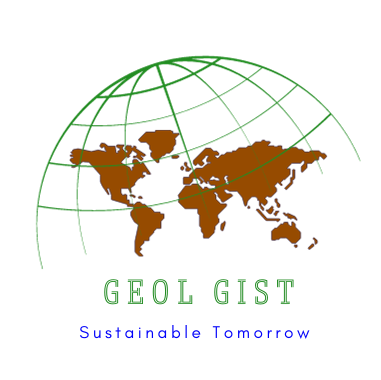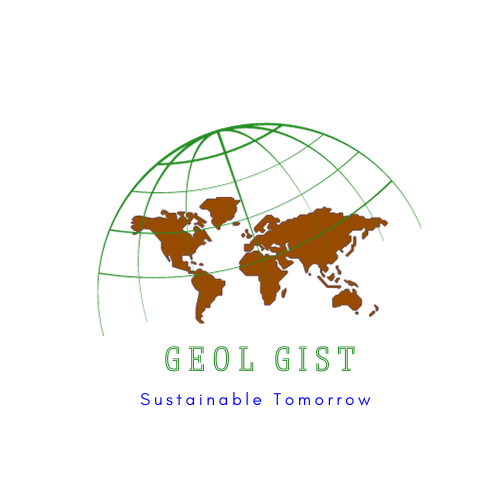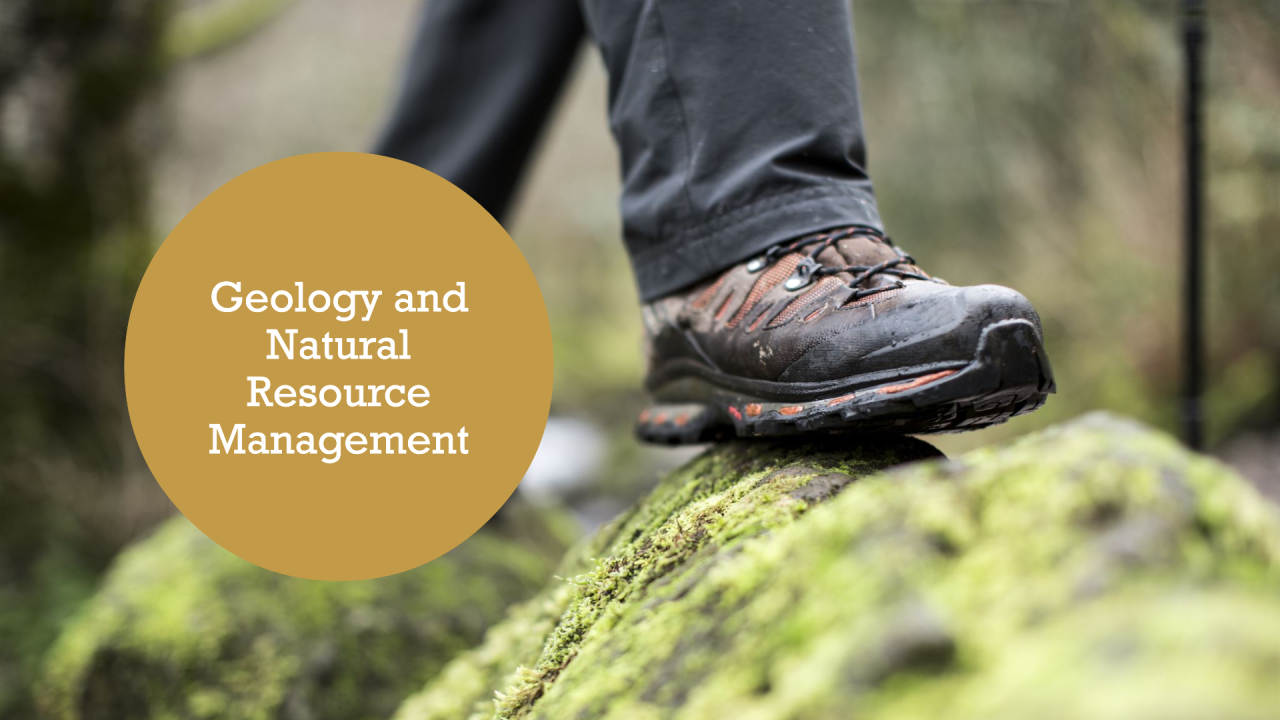Introduction:
In a world grappling with the challenges of depleting resources and environmental degradation, sustainable resource management has become more crucial than ever. While many factors contribute to achieving sustainability, geology plays a fundamental role in understanding and effectively managing Earth’s valuable resources. In this article, we will explore the vital role of geology in sustainable resource management and its impact on shaping a more resilient and responsible future.
1. Understanding Resource Formation:
Geology helps us comprehend the processes involved in the formation of Earth’s resources, including minerals, fossil fuels, and groundwater. By studying geological structures and processes, we can gain insights into how these resources are distributed and assess their potential availability and quality.
2. Resource Exploration and Extraction:
Geologists employ various techniques, such as geological surveys, mapping, and geophysical methods, to identify potential resource-rich areas. By understanding the geological framework, we can make informed decisions about resource exploration and extraction, minimizing environmental impact and maximizing resource recovery efficiency.
3. Environmental Impact Assessment:
Geological expertise is essential in conducting thorough environmental impact assessments (EIAs) for resource development projects. Geologists assess the potential geological hazards, evaluate the impacts on ecosystems, and propose mitigation measures to minimize adverse effects on the environment and local communities.
4. Geologically-Informed Land-Use Planning:
Geology plays a vital role in land-use planning, ensuring that resources are utilized sustainably. By considering geological factors such as soil composition, groundwater availability, and geological hazards, decision-makers can optimize resource allocation and minimize risks associated with unsustainable land use practices.
5. Water Resource Management:
Water is a critical resource, and geology plays a significant role in understanding its availability and quality. By studying aquifers, groundwater recharge areas, and geological controls on water movement, geologists contribute to sustainable water resource management, ensuring long-term water security for communities and ecosystems.
6. Assessing Geological Hazards:
Geological hazards, such as earthquakes, volcanic eruptions, and landslides, pose risks to human populations and infrastructure. Geologists assess and monitor these hazards, contributing to early warning systems, hazard mapping, and the development of resilient infrastructure designs to minimize the impact of such events.
7. Geology and Renewable Energy:
Geological knowledge is essential in identifying suitable sites for renewable energy projects such as geothermal, hydropower, and wind energy. Geologists contribute to assessing geological stability, resource potential, and environmental considerations, enabling the development of sustainable energy solutions.
Conclusion:
Geology plays a crucial role in sustainable resource management by providing essential insights into resource formation, guiding responsible exploration and extraction, assessing environmental impacts, and informing land-use planning. By integrating geological expertise into resource management strategies, we can ensure the responsible and sustainable utilization of Earth’s resources, paving the way for a more resilient and environmentally conscious future.
As professionals in the geology field, it is our responsibility to promote the integration of geological knowledge in resource management practices and advocate for sustainable approaches that balance societal needs with environmental stewardship. By leveraging the power of geology, we can contribute to a more sustainable and equitable world for present and future generations.


